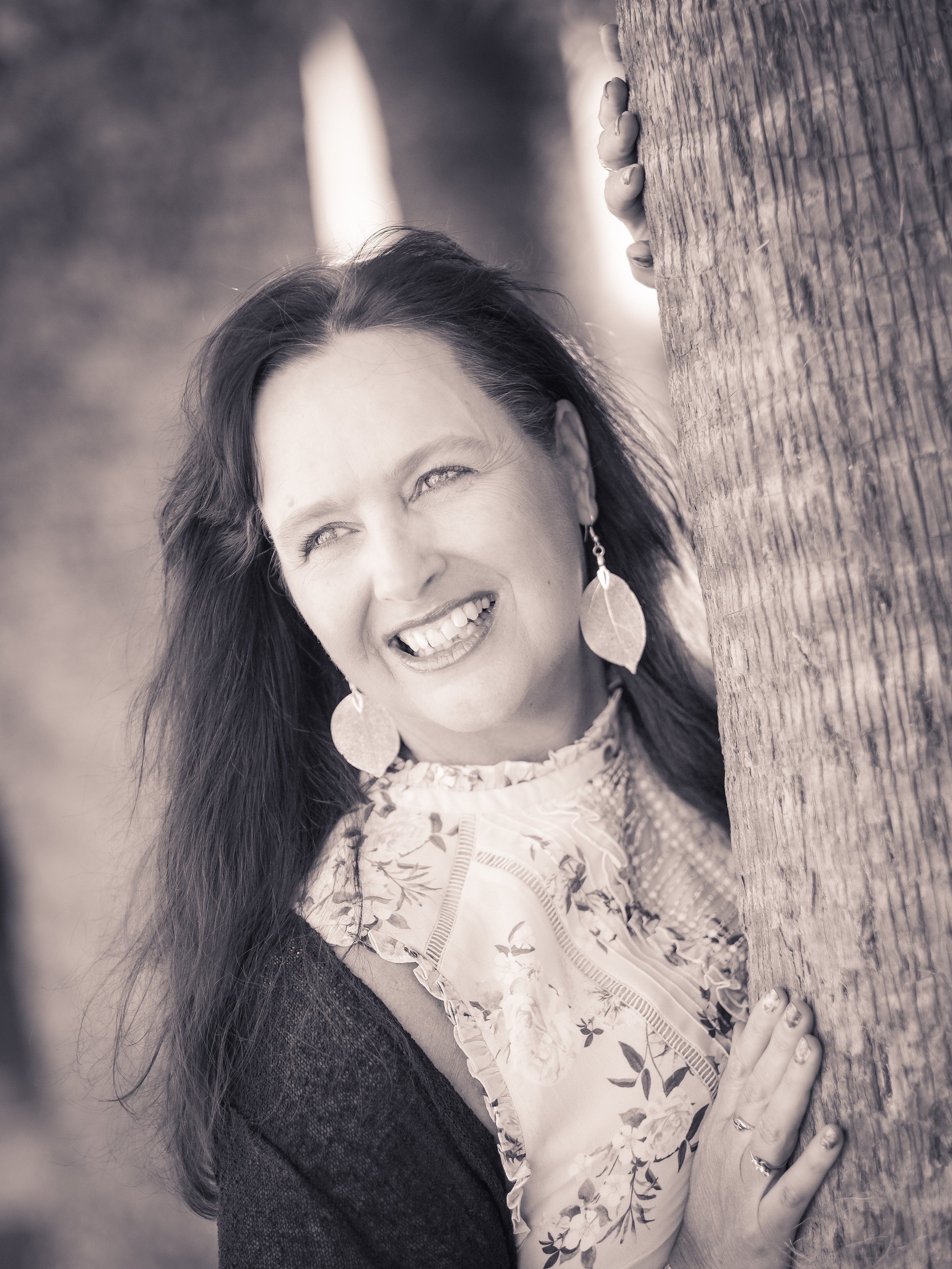5 coaches share their clients’ most common topics
Photo by Jopwell
As human beings, we are experiential learners. When learning, most of us prefer to get our hands into new subjects directly, and failing that we seek to learn vicariously through observing or listening to the experiences of others. For instance, think of how second nature it is to look for reviews of new products or services before we decide to buy, or how we go to Google when we are exploring something new and search “examples of” plus the subject of interest.
The same can hold true for coaching. For people who have never experienced coaching before, it’s quite natural to want to know not only the structural information of how coaching works, how much it costs, and what experience our prospective coaches bring to their work, but it is especially of interest to hear about examples of what other people work with coaches on.
To help fill your experiential need for learning about how coaching works, here are examples of common topics that 5 different coaches work with their coachees on.
Meet the coaches and their most common coaching topics
Kaidi Bowen, Leadership & Confidence Coach CPCC PCC
Kaidi is a PCC CPCC ICF Leadership/Career Coach. Playing Big Facilitator. A Bank Manager for 20 years. Kaidi is passionate about helping business owner to be fulfilled & prosper.
So many leaders I coach struggle with perfectionism, imposter syndrome, lack of motivation around both work-life balance and career goals. Time management and inner critic are often the topics we explore together.
The issues related to time tend to be, how to manage their time, how to prioritise their tasks and activities, how to delegate so they have more free time for themselves, creating better balance, Even exploring saying “No” as a concept to manage time more effectively.
I work with leaders who want to better understand themselves, which tends to be their overarching topic, especially if they are struggling with making decisions or facing conflict.
Leaders are often “unconsciously competent”— they do things well without realising it, they don’t realise that they are working with deeply held belief system rather than using evidence-based approaches. And when they do become conscious of these limiting beliefs our coaching together helps them understand how the beliefs were formed and explore new beliefs.
One of the most common topics that we explore is the inner critic. The voice inside our heads that tells you “you can’t do this” or “that”. It's often critical and harsh, but it doesn’t always tell the truth, and this can be liberating to work through to create new perspectives and give them tools to use for life.
Leaders who want to improve don't have one set path; each person needs something different depending on where they're at right now and where they want to go next.
Jonathan Ger, Life/Leadership Coach and Founder of Jonathan D. Ger Consulting
Jonathan is a life & leadership coach with a passion for being part of the growth & development of others. He loves family, sports & music.
There are a number of topics that consistently come up with my clients, but these are probably the top 3 for me:
“I’m stuck and I cannot figure out how to get unstuck”.
“I have achieved success in (??) and yet I don’t feel happy or content”.
“I’m feeling overwhelmed and don’t even know where to begin”.
Many folks react in much the same manner to life’s ebbs and flows. Whether they do so with an approach that moves them forward or holds them back, it is often comparable to what we experience with others in a similar situation. The familiarity that a coach may experience with what they are hearing can make for very productive moments. What can be fascinating at times, is when the client’s response to a topic is unexpected. When an “issue or topic to explore” is dealt with in a completely unique way by those seeking a coach’s assistance. As the saying goes: expect the unexpected and at least you won’t be caught off guard. Coaches grow exponentially when faced with this challenge and both the client and the coach are poised for the possibility of some deep and meaningful work. The client may be able to see new options and opportunities that arise from working with a coach that has worked with the topic before, while the coach is able to stretch themselves with the “new” methodology that is being shared by this individual.
Erica Karek, Life Coach and founder of EK Coaching & Wellness, LLC
Erica is a FNP with diverse healthcare experience and a passion for mental wellness. She embraces openness, joy, and the little things.
I have found that most individuals seek coaching to gain tools and insight to better navigate the goings on in their lives. Most commonly, people pursue improvement in the following:
Navigating relationships (and communication within them)
Magnifying the inner voice while quieting external judgments and expectations
Transitioning and decision-making
Taking a step back to take inventory of the multi-directional pulls of responsibilities, pressures, and passions
While the motivation stems from wanting things to change externally, the shift truly occurs when clients are able to focus within. As coaches, we learn to “coach the person, not the problem”. To me, this is an essential principle of coaching.
Quieting the noise of what occurs around us and focusing on what is “in there” for each of us helps to ground, realign, and make sense of why we react the way we do. Connecting with the self often helps to illuminate the answers, reframe mindset, and clear the clouds. Identifying values, for example, magnifies areas in our lives where they are not being honored. We may even be engaging in practices or relationships that disregard them completely. This can create dissonance, inner turmoil, and the illusion that we need to change our circumstances. Instead, we can take control of the power of self-discovery/self-awareness to ask ourselves “what can I do to honor this value today? In this relationship? In this role? In my life”. Tuning in with our authentic being, making choices that better align with our values, and communicating from this place directly and naturally impacts the external change we seek. What magic!
Jen Miranda Rodrigues, Personal and Professional Development Coach
A decade of grassroots policy change has led Jen to coaching. She loves people stepping into their power for greater confidence and clarity.
I’ve been in both seats – client and coach. There are some commonalities in what clients bring. What’s fascinating to me as a coach is the commonality that can lie beneath different topics.
Common topics:
Choice: Current work or dream path
Time for myself
Habit/ routine forming or breaking
Topic: Does my work need to be personally fulfilling, or should I just be grateful that it brings in a paycheck? The deeper conversation is one around values and a (perceived) choice to be made: security or intellectual stimulation? Or even, family or self-exploration? Do I deserve to be even asking this question?
Topic: Time for myself. I especially hear this topic from mamas, and I resonate with it to my core. The questions underneath: How do I set and hold boundaries? Family or self-fulfillment? Deservedness to live a fulfilled life with the world coming apart and my family’s needs?
Topic: Break or form a habit. This is a favorite, because we’ve all been there, whether it’s about exercise or sugar addiction or getting to sleep earlier. Below the surface can be questions around how I want to be for myself versus who I feel I need to be for the world. What fulfills me, really, and what is getting in the way of me reaching that?
And most of us are similar in the commotion that happens around any given topic. We all have a saboteur or two riding in on the back of that thing we’re trying to shift. And we all have an inner leader already there, waiting to be employed and help move us forward.
Rosemary Pontarelli, Chief Evolution Officer of Spark and Rose Coaching
Rosie is a CoActive Leadership and Career-Life coach & leadership/organizational development professional with 14 years of experience in the healthcare sector. She’s also a mother of 2 wonderful small children. Rosie is deeply passionate about partnering with women and parents to achieve their optimal balance of impact and wellbeing in their career and lives.
It has been my experience and I hear from a lot of my coaching colleagues that most coaching topics are centered around:
Maximizing performance / impact and
Increasing their sense of wellbeing (for themselves personally or in relation to those they love)
My clients meet these topics from different perspectives: stuck, in transition, hopeful / wanting to create a vision or a mix depending on which areas of their life we focus on (e.g. career, health, leadership, mental fitness).
The mystical and wonderful part of coaching is the search for the way forward starts inside. For clients it might seem strange at first, almost like an unnecessary detour around their construction sites but we focus on growing the person before we relate it back to the tangible topics in their career and private lives.. We always identify the core values, the person’s life / career vision and deepest desires and their pure inherent brilliance they have to offer the world (inner leader). Inevitably the voice of doubt surfaces - the Saboteur. Recently I have discovered the gift of Positive Intelligence - mental fitness coaching to support the client to dim down this voice and let the resources emerge. All of a sudden, we have not only navigated through their route but built a foundation & solid grounding for lasting resourcefulness through future challenge and change.
From this place everyone makes more conscious choices TOWARDS where they want more impact and wellbeing in their careers and lives. As one client - a brilliant leader and mother of twins, told me, “I found my voice in leadership and spend more time feeling good about being me”. We can have both. It isn’t a static state but rather a pendulum & with personal development we spend more time in that beautiful place we really want to be.
That’s all for today! Stay tuned to The Musing Mind for more leadership takeaways and sign up for newsletter to get inspiration delivered regularly.





